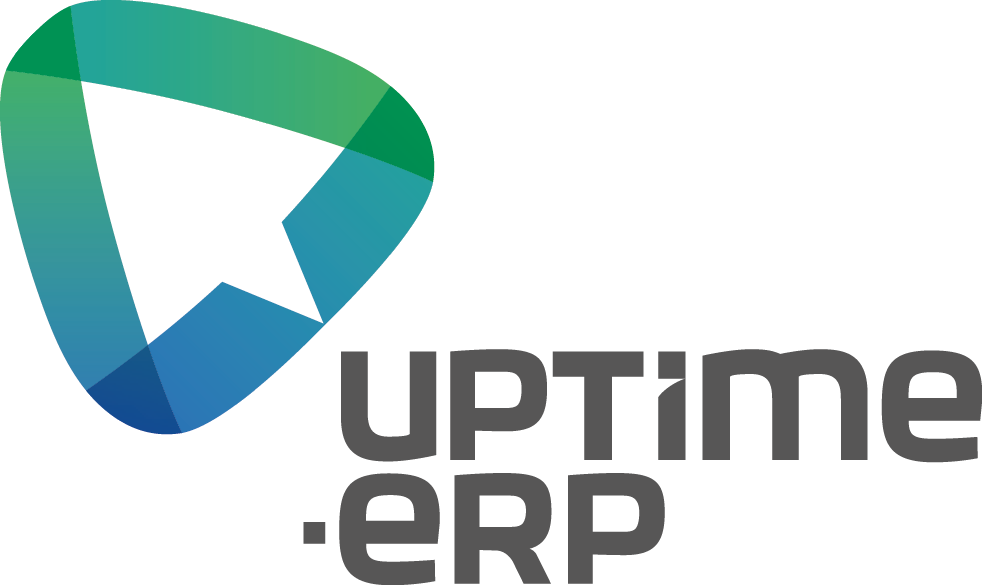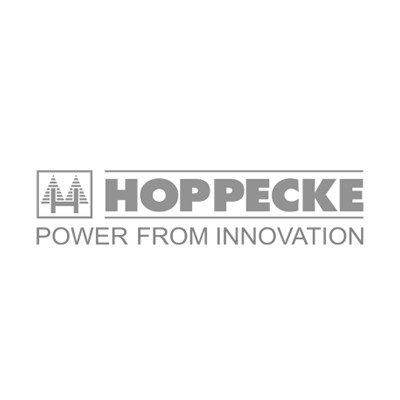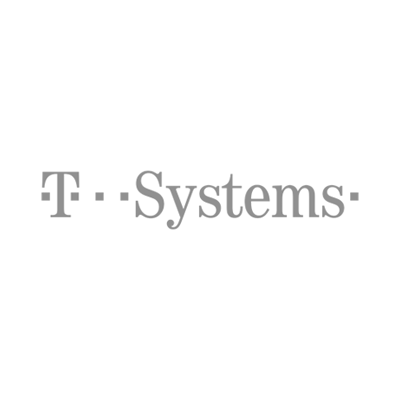SAP S/4HANA is a versatile business ecosystem designed to comprehensively handle processes in modern organizations. Its modular structure enables businesses to precisely tailor functionality to specific industry and operational needs.
The key to successful implementation of this system is understanding the potential of individual modules and their role in process optimization, allowing organizations to effectively manage their operations and increase operational efficiency.
Key Modules for Production and Logistics – Foundations of Efficiency
SAP S/4HANA modules are built on the foundations of the SAP HANA in-memory platform, enabling ultra-fast processing of large amounts of data in real time. This allows businesses to respond to changing business and operational conditions instantaneously, eliminating delays associated with traditional data processing methods. Furthermore, this platform enables full integration between various system modules, creating a unified business environment where data is available smoothly and consistently, regardless of the business area.
Remember: In manufacturing companies, the SAP PP (Production Planning) module is of particular importance. It is a key tool for optimizing production processes, enabling comprehensive management of schedules, resources, and performance monitoring. The material requirements planning (MRP) function allows for dynamic planning of material demand, considering current inventory levels, open orders, and forecasted demand. This helps companies effectively minimize the risk of overproduction, which generates storage costs, and avoid material shortages that may cause production downtime. The capacity leveling function, integrated with MRP, allows for optimal utilization of available resources, such as production lines or machines, by balancing workloads based on the actual production capabilities of the plant.
At the same time, SAP MM (Materials Management) supports procurement, logistics, and warehouse processes, providing full transparency and control over the flow of materials. This module allows for integration with supplier systems via Electronic Data Interchange (EDI), automating the ordering and delivery process, thus reducing the time-consuming nature of manual tasks. SAP MM also enables real-time monitoring of material flows, from purchase and storage to use in production processes. This allows companies to make quick decisions based on up-to-date data, which is especially important in dynamic supply chains.
In advanced logistics processes, the SAP EWM (Extended Warehouse Management) module plays an invaluable role. This advanced warehouse management tool offers functionalities that allow for optimizing warehouse space and increasing operational efficiency. The slotting function enables dynamic adjustment of product locations in the warehouse based on their rotation and demand, shortening order picking times and improving warehouse throughput. SAP EWM also integrates with RFID technologies, automatic sorting systems, and warehouse robots, enabling the automation of key warehouse processes such as receiving, picking, and shipping.
The SAP QM (Quality Management) module is responsible for fully integrating quality management with production and logistics processes, ensuring compliance with quality standards and internal company requirements. SAP QM enables continuous monitoring of material and product quality at every stage of production, from incoming material inspections to in-process checks and final product testing. Real-time reporting allows for quick identification and elimination of potential quality issues, minimizing the risk of complaints or losses related to non-compliant products. This module also supports quality audit management processes, integrating audit results with a central database, making it easier to analyze trends and implement corrective actions.
Thanks to the synergy of these modules, manufacturing companies can achieve a new level of operational efficiency, eliminating bottlenecks in processes, reducing operational costs, and increasing their ability to respond quickly to changing market needs. SAP S/4HANA, with its integrated architecture and real-time functionalities, becomes a key tool supporting the strategic management of business processes.
Financial Management and Controlling – Solid Business Foundations
Financial and accounting areas are supported by SAP FI (Financial Accounting) and SAP CO (Controlling). SAP FI enables financial management, reporting, and regulatory compliance, while the universal journal function simplifies financial processes by consolidating data in one place. SAP CO supports managerial accounting, enabling detailed tracking of costs and revenues and modeling of strategic scenarios. Through full integration of financial modules with other areas, companies gain transparency in managing budgets, projects, and investments.
Customer Service and Personnel Management – A Modern Approach to Relationships
In the area of sales and logistics, SAP SD (Sales and Distribution) automates order management, invoicing, and deliveries, supporting efficient customer service and optimizing commercial processes. SAP HCM (Human Capital Management), on the other hand, supports recruitment, payroll, and talent management processes through integration with SAP SuccessFactors and employee self-service functions. With these modules, companies can build employee engagement and improve customer service quality, positively impacting the organization’s market image.
How to Choose the Right Modules? A Strategic Approach to Implementation
The selection of SAP S/4HANA modules should be preceded by a detailed analysis of business needs. Key questions to consider include which processes need optimization, which areas generate the highest costs, and what strategic goals the organization aims to achieve. Based on these answers, modules that will bring the greatest benefits can be identified, such as SAP IBP (Integrated Business Planning) for advanced resource planning or SAP Analytics Cloud for real-time data analysis. For logistics companies, SAP EWM combined with SAP Analytics Cloud can significantly improve the efficiency of managing goods flow, minimizing costs, and increasing operational transparency.
Module Integration – Synergy of Data and Processes
The greatest advantage of SAP S/4HANA is the full integration of modules. Data generated in SAP MM can be automatically used by SAP FI, eliminating the need for manual data entry, and information from SAP SD can directly impact SAP PP, supporting production planning based on customer orders. This ensures data consistency, better coordination of activities, and greater operational efficiency.
Entrust the Implementation to Experts – The Key to Success
Implementing SAP S/4HANA modules is a complex process that requires deep technical and business knowledge. Module configuration, data migration, and adapting functions to the specific needs of the organization should be carried out by experienced experts. Working with an implementation partner who understands SAP best practices and can effectively carry out the project minimizes the risk of errors and accelerates the achievement of business goals. If you are planning to implement SAP S/4HANA and want to fully leverage the potential of this system, contact our team. We will assist in analyzing needs, selecting the appropriate modules, and configuring them, as well as providing user training.

























